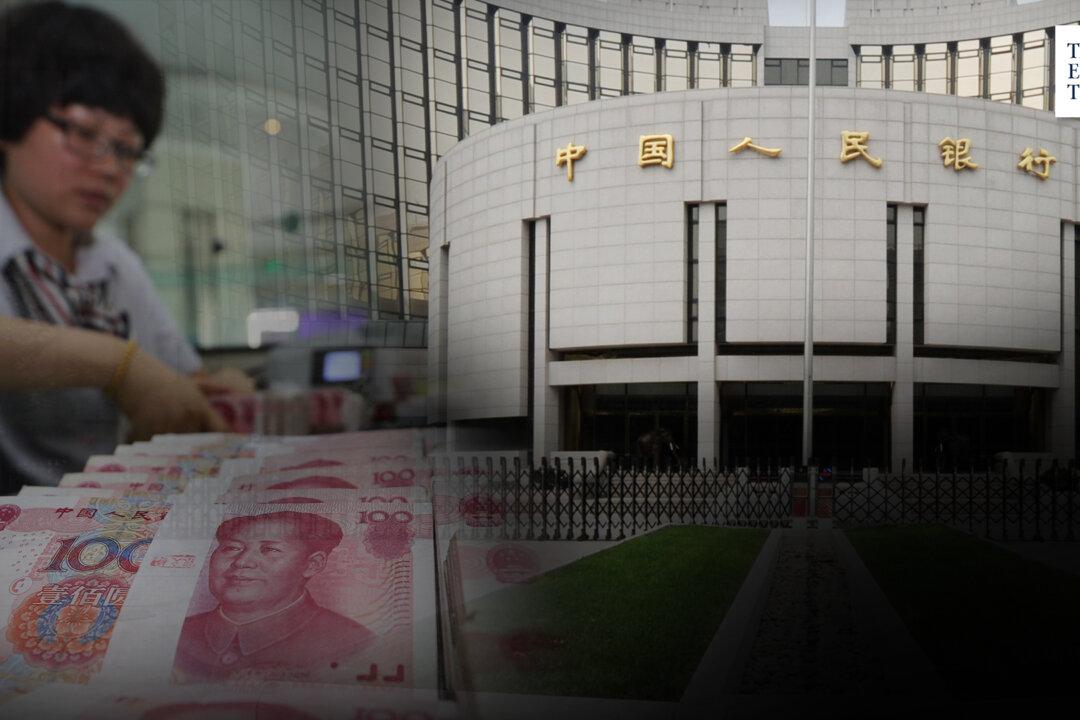Amid a growing debt crisis, government employees in at least five Chinese provinces have reported sudden, substantial pay cuts, affecting their livelihoods.
In December, government employees from five provinces—Jiangsu, Zhejiang, Guangdong, Fujian, and Shanghai—have disclosed their salary reduction notices on Weibo, China’s version of Twitter. The reported pay cuts were around 20 to 30 percent. Some cuts were already in effect while others were about to happen.






